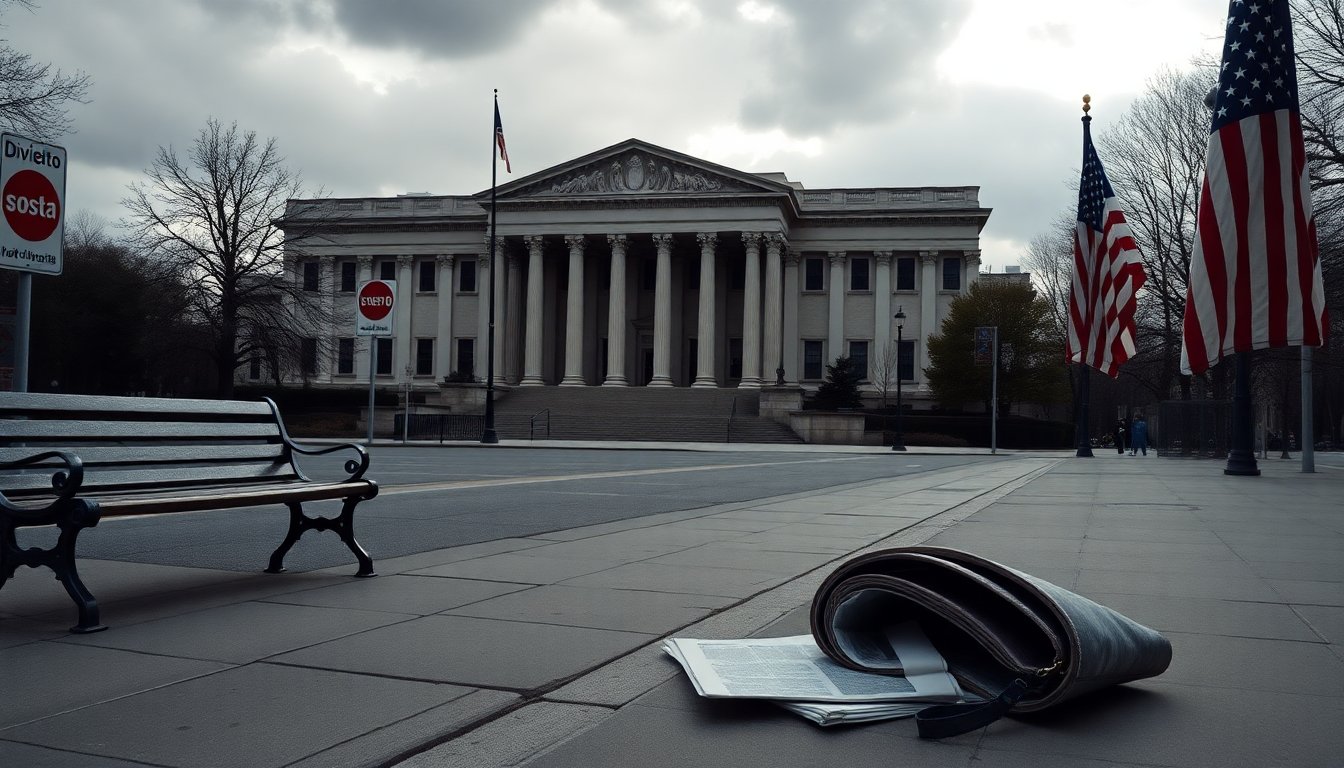Table of Contents
Larry Summers withdraws from public engagements amid Epstein scrutiny
In a surprising announcement, Larry Summers, former U.S. treasury secretary, disclosed on Monday his decision to withdraw from all public engagements. This move comes after President Donald Trump instructed the Justice Department to investigate the connections between Summers and other prominent Democrats with convicted sex offender Jeffrey Epstein. The decision arises amidst increasing scrutiny surrounding Epstein and his associations with influential figures.
Summers, currently a professor at Harvard University and former president of the institution, stated that he aims to focus on rebuilding trust and repairing relationships with those closest to him. In a statement to the university’s student newspaper, he expressed profound regret regarding his past communications with Epstein, acknowledging the distress these interactions have caused.
Background of the Epstein investigations
Investigations into Jeffrey Epstein’s extensive connections have intensified recently. The U.S. House Oversight Committee released a significant collection of documents detailing his interactions with numerous influential individuals. Among these were emails indicating correspondence between former Treasury Secretary Lawrence Summers and Epstein, raising questions about their relationship.
Summers has publicly acknowledged responsibility for his ongoing communication with Epstein, which he now views as a serious mistake. In an interview with The Crimson, he expressed, “I am deeply ashamed of my actions and recognize the pain they have caused. I take full responsibility for my misguided decision to continue communicating with Mr. Epstein.” While he plans to fulfill his teaching responsibilities, Summers is focusing on withdrawing from public life as part of his broader effort to manage the consequences of these revelations.
Political implications and Trump’s involvement
President Trump’s involvement has introduced a complex layer to the ongoing investigations. Following the release of Epstein’s emails, which referenced him and several Democrats, Trump urged the Department of Justice to investigate Epstein’s connections to Bill Clinton and other prominent Democrats. This appeal has been viewed by many as a strategy to divert attention from his own ties to Epstein, particularly as Trump appears in over 1,600 email threads related to the case.
The call for an investigation received backing, with Attorney General Pam Bondi pledging to address these issues promptly. The political landscape surrounding Epstein has transformed into a contentious battleground, with accusations of cover-ups and conspiracy theories circulating among his supporters.
Reactions from the political sphere
In response to the ongoing situation, several political figures have voiced their opinions. Robert Garcia, a prominent Democrat on the House committee, accused Trump of attempting to shift focus away from critical questions regarding his connections to Epstein. Notably, some Republicans have joined their Democratic counterparts in calling for the release of all investigative files related to Epstein, demonstrating a bipartisan concern about the ramifications of these relationships.
Furthermore, the House of Representatives is preparing to vote on a measure that would mandate the release of investigative files concerning Epstein. This vote occurs amid heightened public interest in Epstein’s network and the relationships he developed, particularly following the unveiling of over 20,000 pages of documents from his estate.
Summers’ legacy and the fallout
Lawrence Summers’ career, highlighted by his roles in the administrations of Bill Clinton and Barack Obama, faces significant scrutiny following recent revelations regarding his ties to Jeffrey Epstein. This association raises serious questions about the judgment of prominent figures in both politics and academia. As Summers withdraws from public life, there is urgent pressure for him to address the reputational harm caused by these connections.
In a wider context, the Epstein case symbolizes the difficulties powerful individuals encounter when their past actions are examined. The entanglement of personal and professional relationships complicates the narratives surrounding Epstein’s legacy and the repercussions for those linked to him.
As investigations continue, demands for accountability intensify, and the consequences for those implicated are likely to endure for years, affecting not only their current roles but also their long-term legacies.


